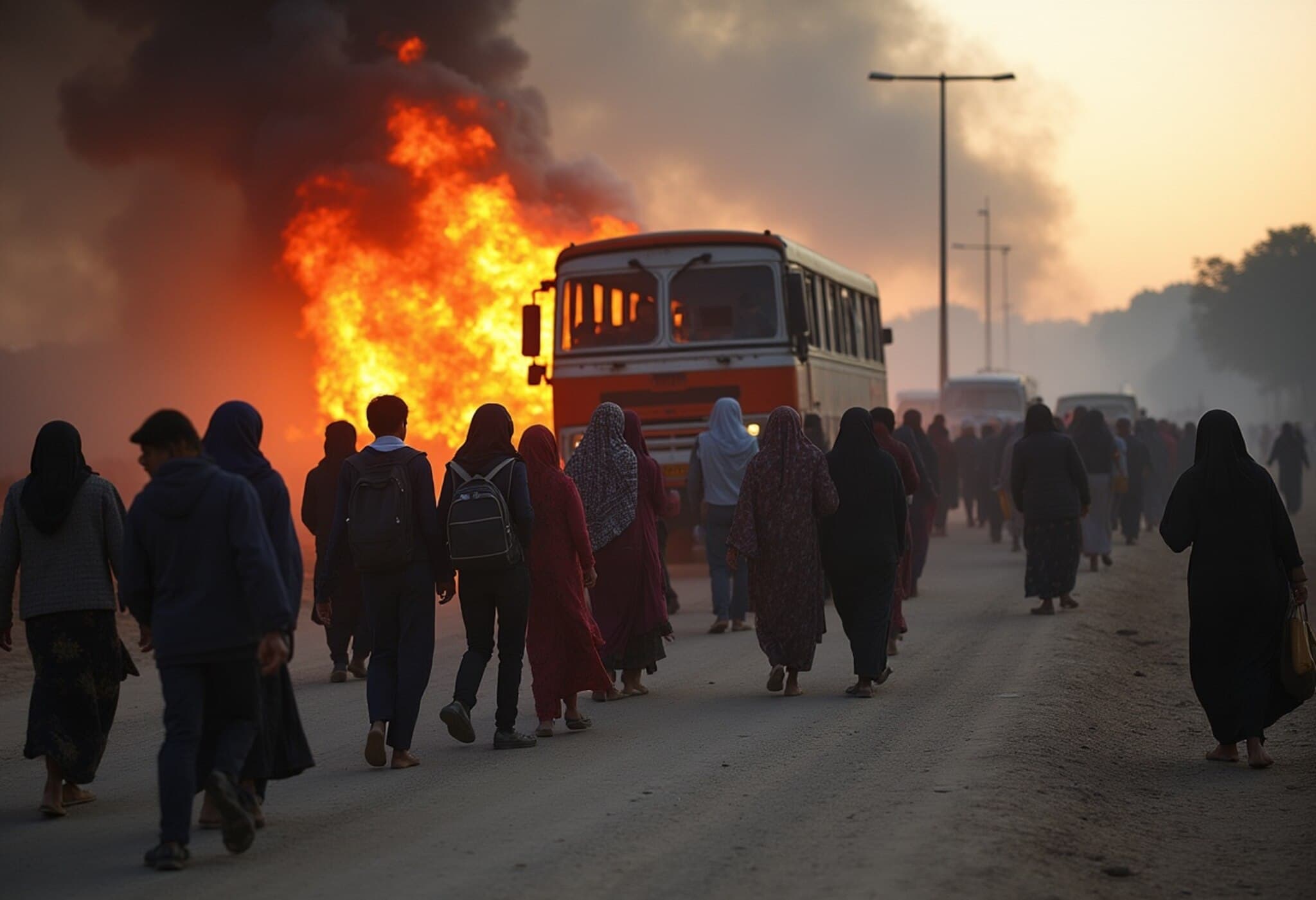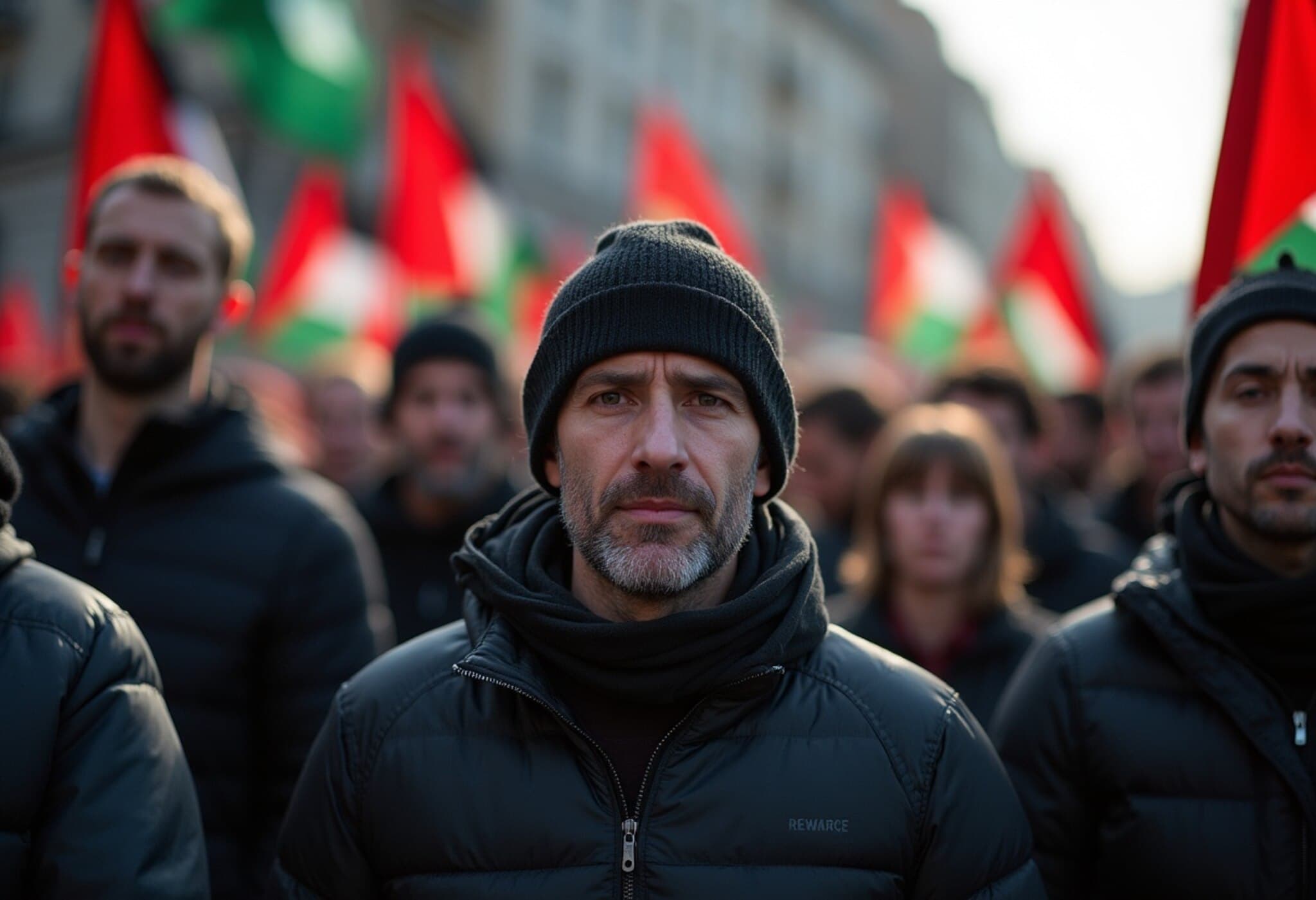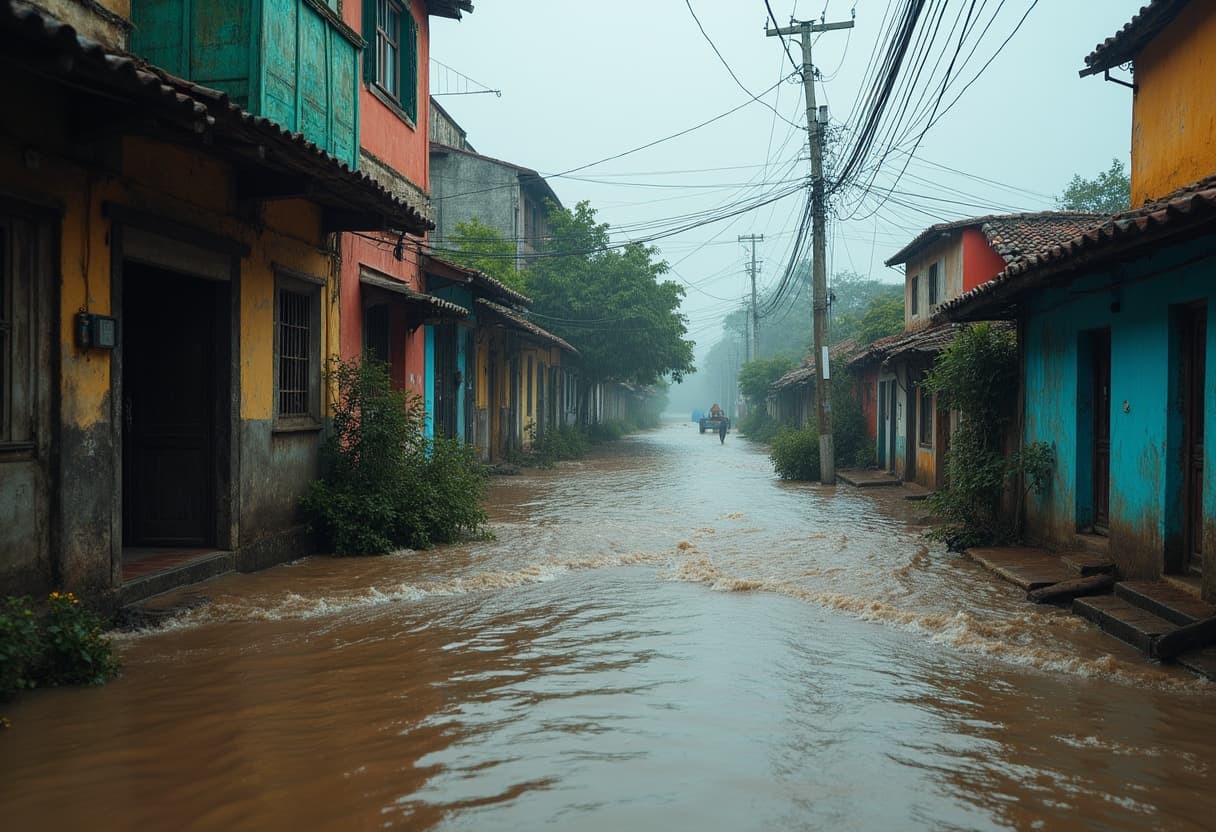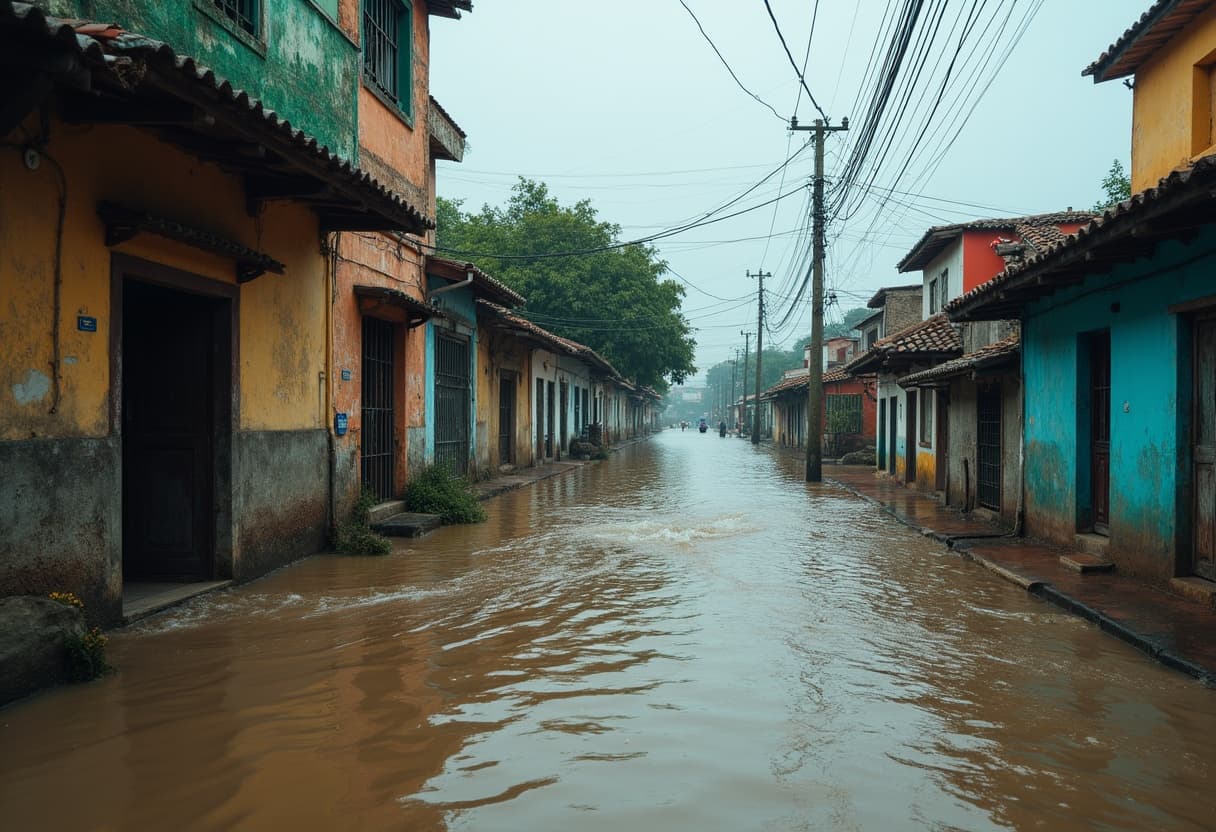Remembering Teresa Ulloa Ziáurriz: A Pioneer in the Fight Against Sex Trafficking
Teresa Ulloa Ziáurriz, a relentless human rights advocate dedicated to combating sex trafficking and sexual exploitation in Mexico, passed away on September 28 at the age of 75. A legal warrior and protector of vulnerable women and girls, she died peacefully at her daughter’s home in Mexico City due to lung disease, leaving behind a powerful legacy of courage and reform.
A Lone Crusader in a Machismo-Dominated Society
In a country where machismo culture often perpetuates the marginalization and exploitation of women, Ulloa Ziáurriz stood as a beacon of resistance. Despite never obtaining her formal law license, her expertise and tenacity earned her widespread respect among activists and lawmakers alike. For more than three decades, starting from the 1980s, she spearheaded efforts to strengthen legal protections against sexual violence and trafficking.
Legislative Impact and Legal Advocacy
- She was instrumental in shaping key legislative reforms, including a landmark 2012 anti-trafficking law that significantly increased penalties for traffickers.
- Her work in 2007 contributed to laws aimed at protecting women from domestic and sexual violence.
- Ulloa Ziáurriz helped close legal loopholes that rapists had previously exploited, ensuring harsher punishments for such crimes.
Beyond shaping policy, she served as the legal representative in over 25,000 rape cases, showcasing her unwavering commitment to justice for survivors. Moreover, her hands-on approach included undercover operations to rescue over 650 women and girls from the clutches of trafficking networks.
Recognized Globally for Her Courage and Dedication
Her extraordinary contributions did not go unnoticed. In 2011, Harvard Kennedy School honored her with the Gleitsman International Activist Award, recognizing her tireless human rights activism and influence across Latin America and the Caribbean. As the executive director of the Coalition Against Trafficking in Women (CATW) for the region, she amplified the struggle against sexual exploitation on an international scale.
Contextual Insights: Why Her Fight Matters Today
Teresa Ulloa Ziáurriz’s battle against sex trafficking intersects with pressing contemporary issues in the United States and Latin America. With the rise of digital platforms facilitating human trafficking and the ongoing challenges in enforcing anti-trafficking laws, her legacy highlights the essential need for:
- Robust interstate and international cooperation to dismantle trafficking networks.
- Stronger survivor-centered policies that prioritize rehabilitation and protection.
- Community-based awareness initiatives to dismantle cultural norms that enable exploitation.
Her pioneering efforts shed light on how legal reform combined with grassroots activism can drive meaningful change against entrenched social evils.
Underreported Narratives and Critical Questions
While Ulloa Ziáurriz’s impact is well celebrated among human rights circles, broader public awareness remains limited. This raises important questions for media, policymakers, and civil society:
- How can society better support frontline activists risking their safety in dangerous environments dominated by patriarchal and cartellike structures?
- What innovative legal tools and technologies can be deployed to extend her work into the digital age of trafficking?
- In what ways should governments integrate survivor voices into policymaking to enhance effectiveness and empathy?
Legacy of a Trailblazer
Teresa Ulloa Ziáurriz’s life was a testament to fearless activism and profound humanity. Her fight against sex trafficking was not just legal—it was deeply personal and transformational. As Mexico and the broader Americas continue grappling with these issues, her pioneering spirit serves as a guiding force for the next generation of advocates.
Editor’s Note
Teresa Ulloa Ziáurriz’s story is more than an obituary; it is a call to action. It reminds us that dismantling human trafficking requires enduring courage, legal fortitude, and cultural change. As readers and citizens, we must ask ourselves: How can we support survivors and advocates confronting exploitation? What policies and community efforts can truly break the cycle of trafficking? Ulloa Ziáurriz’s legacy challenges us to answer these questions with compassion and resolve.



















